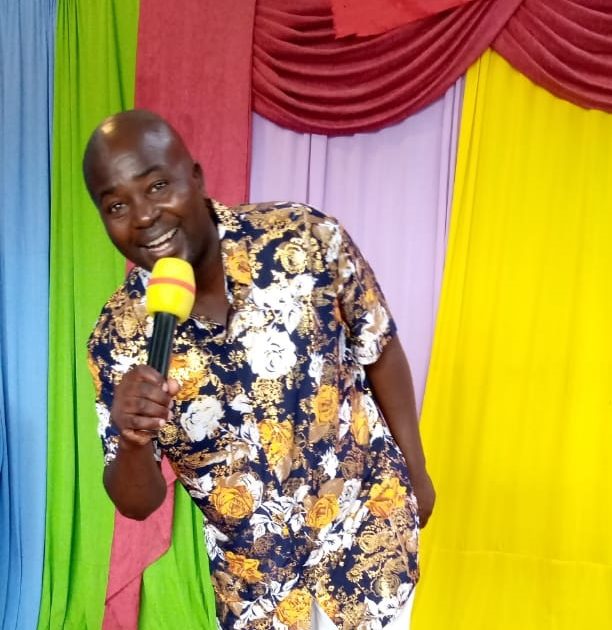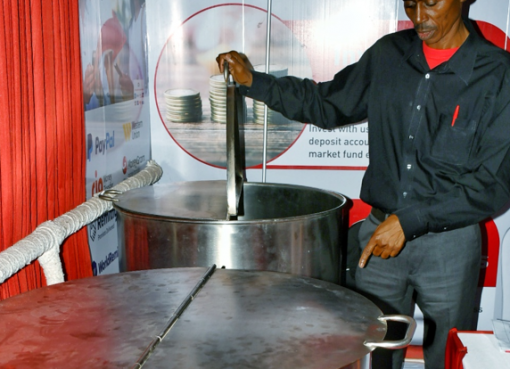To state that Kenya is a praying nation would be regarded as a tautology since from matatu terminus to homes its relished. However, do they do it right?
The Kenya News Agency set out to understand what prayer is and are the citizens doing it right or it’s just a trendy and popularly accepted habit.
The first shocker was from a Nakuru Town based Evangelist pastor, Ibrahim Njeru, who said “prayer doesn’t change God because he is the Alpha and Omega and it ought to change the person praying,” he said.
He explained that it doesn’t matter the number of hours a person spends on their knees, if they are not willing to change nothing will happen because God is faithful. He added that the faithfulness of God is amazing because if you pray and do nothing he will faithfully seat with you at the spot you have chosen.
However, Njeru said the best way to illustrate prayer is through the actions of the thief who was crucified next to Jesus, he realized his sins- repented, and instantly attained eternal life.
Pastor Njeru, noted with sadness the copious amounts of prayers copied from the internet and shared daily among the social media groups. His major concern was that it proves that many people cannot pray using their own words despite having been brought up in church.
In addition, he said even listening to members of the congregation praying, makes it obvious that they are struggling or trying to copy the way they have heard their pastors praying. He said: “Even if l was to close my eyes and somebody prays in a gathering, by their second sentence l know the denomination they belong to.”
A Seventh Day Adventist Pastor, Boniface Mose said, nothing makes him to want to cry like those members who keep on begging for prayers from their religious leaders since they perceive such payers as magic and yet God has never and will never be a magician.
“It’s important to always remember that pastors are human beings who also, have problems and whether you like it or not he or she will first have to intercede for their immediate problems, hence the best prayer is the personal communication between the individual and God,” he added.
Pastor Mose added that on several occasions he has tried to dissuade his congregants against the assumption that waking each other at 3a.m to pray was a sure way of having prayers answered since God is available 24/7.
Another SDA pastor Pierre Maywa, said he thought he was a prayer warrior until he met his mother-in-law, who is an Akorino. “She literally prays the entire night depending on her immediate problems and she uses her own words and the language she knows best.”
However, a matatu driver in Nakuru, Peter Kimani who never goes to church, said he has never embarked on any journey without praying first, but he does it silently with his eyes open. He added that even when a passenger requests to pray, he never fails to utter his silent prayer.
In most Kenyan homes, no meal is eaten before a prayer is said at the dining table and some even pray for their meals in restaurants, albeit silently but with eyes closed.
Faith Njoki, a business woman in Nakuru town said prayer was part of her life and every day, before she opens her shop, they gather in corner with her staff and pray for God’s providence in her business.
However, she said forwarded prayers in her whatsapp group don’t mean much to her and in most cases she simply deletes them without reading, and she knows that if she was to complain about such forwards some members may regard her as unreligious.
Pastor Njeru, appealed to the local Christians to pray in the language they know best instead of struggling with English or Kiswahili since God understands all the languages of the earth.
However, he said prayer without working towards positive changes was a waste of time, since it doesn’t matter the number of times prayers are said, as long as there are no changes things were likely to remain the same.
A former, Kenya National Union of Teachers Chairman in Nakuru town Stephen Matagaro, said for many years he never used to join his family in evening prayers. But as time went on he realized that his name was being omitted from their prayers and one time he decided to confront them. They told him that they simply got tired of interceding for an uninterested person.
“After thinking about it critically l made a decision to join them in prayers.”
Pastor, Jackton Otieno the founder of Rock Church at Kwa Rhonda slums said he values prayers and when he prays for his congregation his eyes remain open and he never prays for lazy people because it’s a waste of time.
“In this church l have been left with many orphans and l no longer tolerate lazy and immoral people because even God knows our capacity to assist such people has been overstretched and abused.”
At the Kwa Rhonda informal settlement, makeshift churches are littered everywhere and KNA counted over one hundred before giving up.
By Veronica Bosibori




